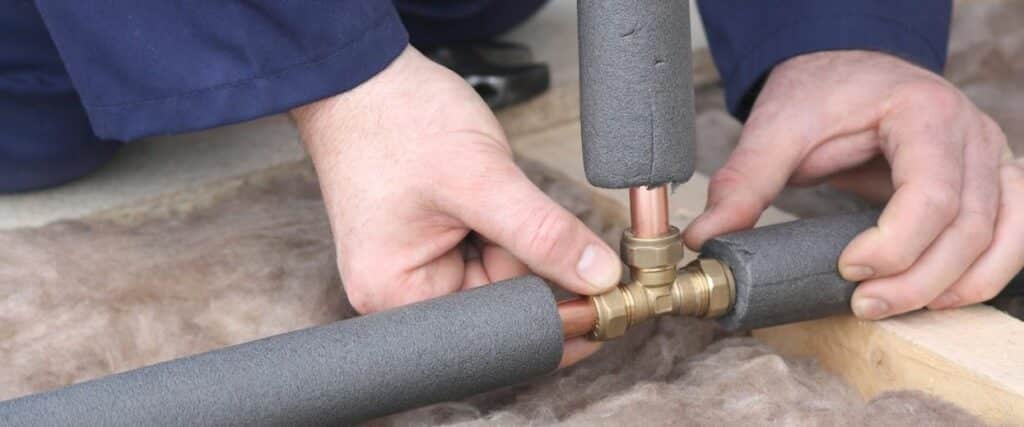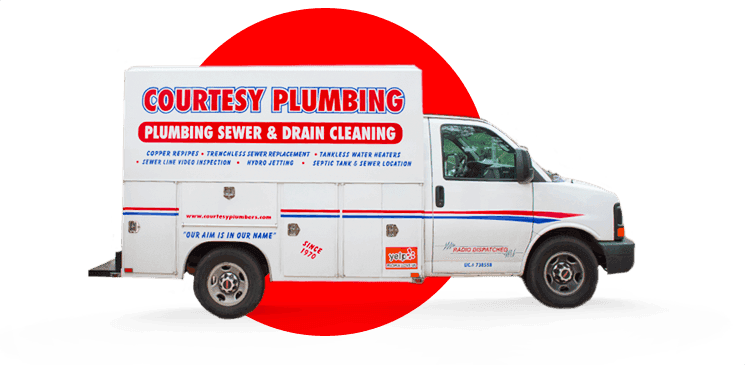The temperature rarely dips below freezing in the Southland, so why are we recommending that you insulate your plumbing pipes? Because insulation does more than protect your pipes during a cold snap.
Let’s examine some of the lesser-known benefits of pipe insulation.
Pipe Insulation Saves Energy
As hot water travels from your water heater to your faucet or showerhead, it’s losing heat energy. The farther the water travels, the more heat it loses. Pipe insulation minimizes heat loss, delivering water 2° to 4° hotter than uninsulated pipes. That means you can lower the temperature setting on your water heater up to 4° without any noticeable difference at the tap. Hey, every degree counts! The U.S. Environmental Protection Agency recommends turning your water heater down to 120° to save 6 to 10 percent annually on your hot water’s energy costs.
Bonus: The hot water in your pipes will stay warmer longer between uses, which means you won’t have to wait as long for your shower to warm up.
Pipe Insulation Reduces Condensation
Sweating pipes are the result of plumbing pipes that are cooler than the surrounding air. Condensation can eventually corrode your pipes and fittings and in severe cases lead to mold and water damage.
Insulate your cold water pipes to prevent condensation.
Types of Insulation
Your local hardware store likely carries several types of pipe insulation. These include:
- Conventional foam insulation: This features a slit along the side. Simply slip it over the pipe and tape closed.
- Self-sealing insulation: The slit has an adhesive, saving you the task of taping it up.
- Boiler pipe insulation: Made of fiberglass, this insulation is made for extreme heat applications. It’s overkill for standard hot water pipes.
Bottom line: Insulating your pipes is an easy DIY job that can go a long way toward saving energy. It’s also a fairly inexpensive project. For all of your plumbing needs, turn to the pros at Courtesy Plumbing. To schedule your appointment, call (626) 774-7167.



